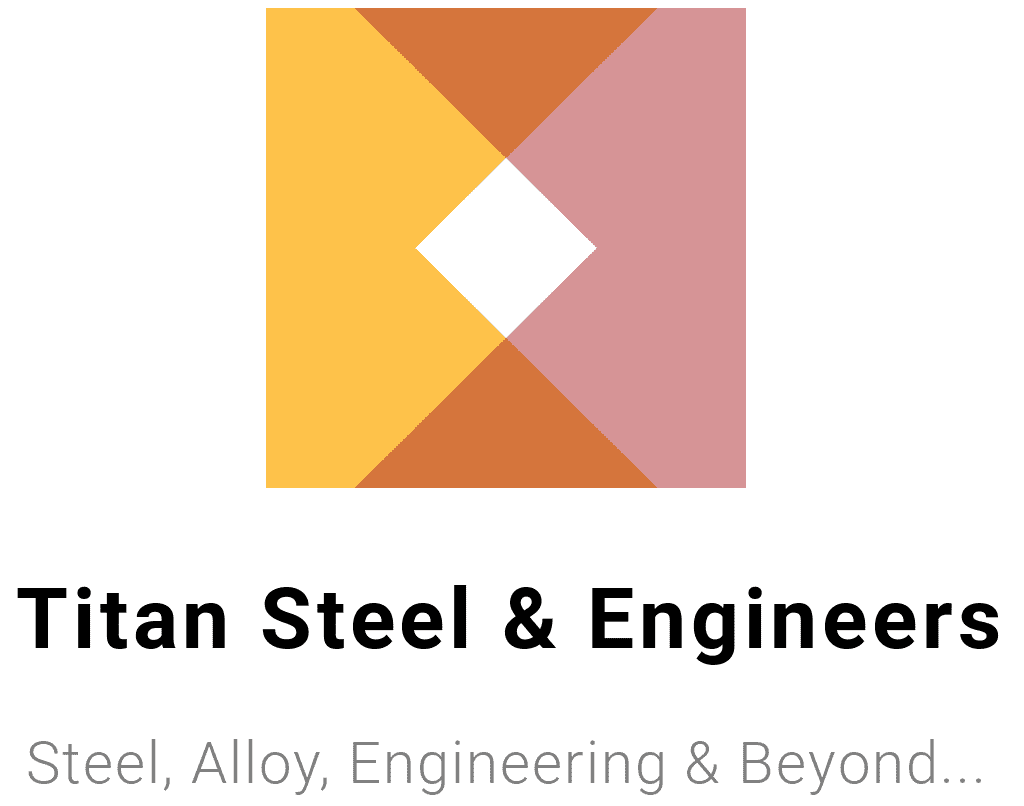Introduction
- Open with a bold statement emphasizing how spring steel forms the backbone of numerous industries due to its unique properties like strength, elasticity, and resilience.
- Define spring steel as a specialized material capable of withstanding repeated stress without deformation, making it indispensable in both heavy-duty applications (automotive and aerospace) and everyday products (tools and fasteners).
- Offer an overview of what readers will learn, including spring steel grades, heat treatment processes, the importance of surface finishes, and its applications across industries.
- Highlight how this guide offers practical knowledge to help engineers, manufacturers, and decision-makers make smarter material choices.
Body Sections
1. What is Spring Steel, and Why Does it Matter?
- Define spring steel and its core mechanical properties, including tensile strength, elasticity, and durability.
- Explain why it’s crucial in high-stress scenarios where strength and flexibility are required in equal measure.
- Provide examples of how it’s relied upon in industries such as automotive (suspension springs), aerospace (landing gears), and construction (industrial tools).
2. A Complete Guide to Spring Steel Grades
- High Carbon Steel: Discuss its hardness, strength, and applications like automotive leaf springs and clips.
- Alloy Steel: Highlight its ability to balance toughness with flexibility for heavy-duty machines.
- Stainless Steel: Explore its corrosion resistance and utility in demanding environments such as medical tools and marine equipment.
- Present these details in brief, tabular form for easy reference.
- Raise awareness of a downloadable PDF guide offering in-depth technical specifications for each grade.
3. Heat Treatment Processes for Enhanced Performance
- Explain why heat treatment plays a pivotal role in unlocking spring steel’s true potential.
- Key processes to describe:
- Quenching: Improves hardness and strength.
- Tempering: Restores ductility while maintaining toughness.
- Annealing: Reduces brittleness and increases machinability.
- Explain how these processes influence end uses, e.g., a hardened spring for suspensions or tempered components for gears.
- Suggest including a process flowchart to visually enhance this section.
4. The Critical Role of Surface Finishing
- Explain how surface finishing contributes to longevity by reducing crack formation and fatigue failure.
- Describe common techniques like shot peening, polishing, and industrial coatings.
- Provide real-world examples of applications requiring top-notch finishes, such as aviation components or high-performance tools.
- Mention lifecycle benefits, where a strong surface finish reduces long-term maintenance costs.
5. Industry Standards and Certifications for Quality Assurance
- Discuss globally recognized standards such as ASTM A228, DIN EN 10270-1, and JIS standards.
- Link the importance of standardization to product safety and compliance in critical industries like automotive or aerospace.
- Highlight the value of certifications like ISO 9001 in delivering reassurance of consistent quality to engineers and stakeholders.
6. Applications of Spring Steel Across Industries
Automotive Sector
- Explain its essential role in manufacturing suspension springs, clutch plates, gears, and stabilizers.
Aerospace
- Highlight its use in lightweight internal mechanisms and durable landing gear systems.
Industrial Manufacturing
- Focus on its durability in heavy-duty springs, industrial machinery tools, and sheet metal products.
Consumer Products
- Provide examples such as hand tools, watch mechanics, and kitchen knives, which illustrate its relevance even in everyday life.
7. Emerging Trends and Industry Innovations
- Outline eco-friendly advancements, such as the development of lightweight spring steel variants for electric vehicles.
- Discuss new heat-resistant grades suitable for industries working with high-temperature operations.
- Touch on how robotics and automation are driving demand for high-performance, customized spring steel variants.
- Include insights on how these trends align with evolving industry standards and consumer requirements.
Conclusion
- Recap the importance of spring steel’s unmatched combination of strength, elasticity, and reliability.
- Re-emphasize its critical role in applications across industries like automotive, aerospace, and manufacturing.
- Encourage readers to download the comprehensive PDF guide for additional insights on grades and technical specifications.
- Conclude with a strong call to action, inviting readers to contact your team for expert consultations or to access premium-quality spring steel tailored to their unique project needs.

